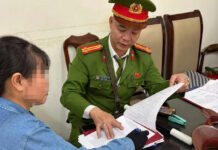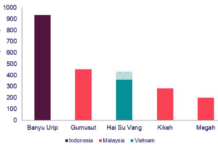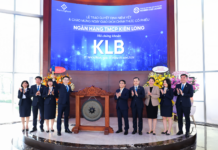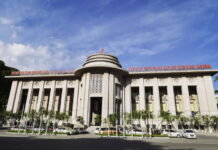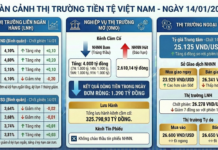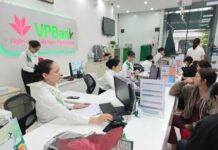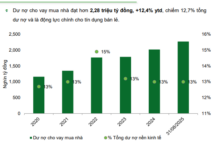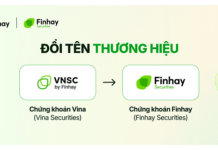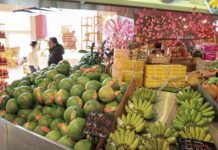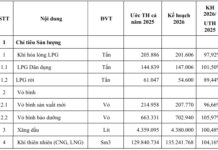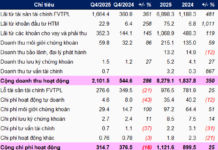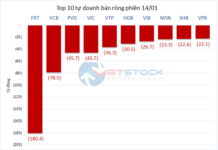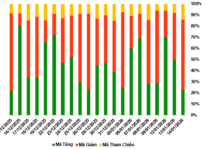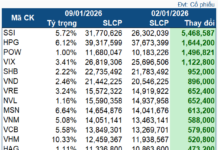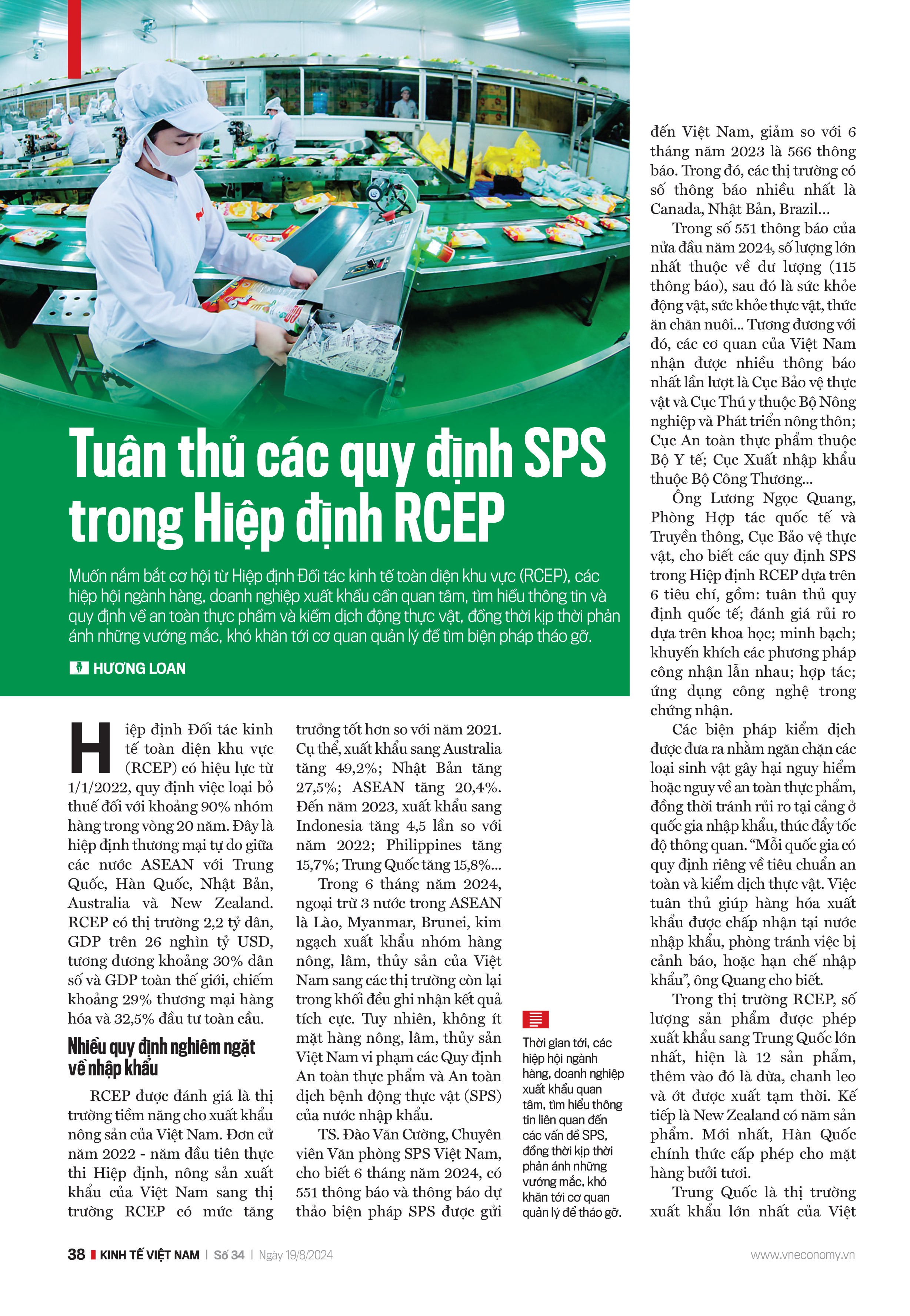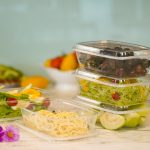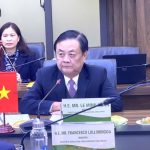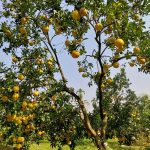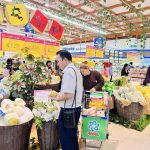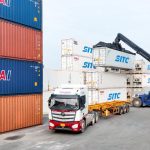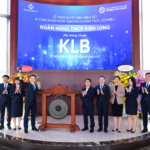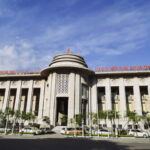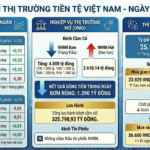The Regional Comprehensive Economic Partnership (RCEP) agreement, effective from January 1, 2022, stipulates the elimination of tariffs on approximately 90% of goods over a 20-year period.
RCEP is a free trade agreement between ASEAN countries, China, South Korea, Japan, Australia, and New Zealand. It encompasses a market of 2.2 billion people, with a GDP of over $26 trillion, accounting for roughly 30% of the world’s population and GDP, and about 29% of global trade in goods and 32.5% of global investment.
STRICT REGULATIONS
RCEP is considered a potential market for Vietnam’s agricultural exports. For instance, in 2022 – the first year of the agreement’s implementation, Vietnam’s agricultural exports to RCEP markets experienced better growth compared to 2021. Specifically, exports to Australia increased by 49.2%, Japan by 27.5%, and ASEAN by 20.4%. In 2023, exports to Indonesia surged by 4.5 times compared to 2022; the Philippines by 15.7%, and China by 15.8%.
In the first six months of 2024, except for three ASEAN countries, Laos, Myanmar, and Brunei, Vietnam’s agricultural, forestry, and aquatic product exports to other RCEP markets yielded positive results. However, many Vietnamese agricultural, forestry, and aquatic products violated the importing countries’ food safety and sanitary and phytosanitary (SPS) regulations.
At a conference on disseminating SPS regulations under the EVFTA and RCEP agreements, Dr. Dao Van Cuong, a specialist from the Vietnam SPS Office, stated that in the first six months of 2024, Vietnam received 551 notifications and draft SPS measures, a decrease compared to 566 notifications in the same period in 2023. Among them, the markets with the highest number of notifications were Canada, Japan, and Brazil.
Of the 551 notifications in the first half of 2024, the largest number pertained to residue (115 notifications), followed by animal health, plant health, and feed… Correspondingly, the Vietnamese agencies that received the most notifications were the Plant Protection Department and the Animal Health Department under the Ministry of Agriculture and Rural Development; the Food Safety Authority under the Ministry of Health; and the Import-Export Department under the Ministry of Industry and Trade.
Mr. Luong Ngoc Quang, from the International Cooperation and Communication Division of the Plant Protection Department, stated that the SPS regulations in the RCEP agreement are based on six criteria: adherence to international standards, risk assessment based on science, transparency, encouragement of mutual recognition methods, cooperation, and technology application in certification.
The quarantine measures aim to prevent dangerous pests or those that pose a risk to food safety, while also reducing risks at the port of the importing country, expediting customs clearance. “Each country has its own standards for food safety and quarantine. Compliance ensures that export goods are accepted in the importing country and prevents warnings or import restrictions,” said Mr. Quang.
In the RCEP market, the largest number of products permitted for export to China, currently 12 products, with coconut, passion fruit, and chili being temporarily exported. Next is New Zealand, with five products. Most recently, South Korea officially granted permission for the import of fresh grapefruit.
As the largest export market for Vietnam within RCEP, China requires negotiations for market access for each product and the signing of protocols. Exporting enterprises must register under Orders 248 and 249 and declare the planting area code and packaging facility code.
Providing some new regulations of key importing markets for seafood, Ms. Nguyen Thi Hong Hoa, from the Department of Quality Management, Processing and Market Development (MARD), noted that for the Chinese market, exported products must be on the list recognized by China, including 128 species, product forms, and 48 species of live aquatic animals.
Packaging facilities for shrimp, whiteleg shrimp, crab, and lobster must be on a separate list recognized by China. Shrimp farming facilities must be inspected and certified for food safety and veterinary hygiene by local management agencies and assigned codes. Additionally, seafood exports to this market must still meet COVID-19 prevention requirements and comply with FAO and WHO guidelines and China’s requirements under Orders 248 and 249.
Regarding the South Korean market, the National Fisheries Quality Assurance Agency (NFQS) manages facilities that do not use additives, while the Ministry of Food and Drug Safety (MFDS) manages facilities that use additives. The NFQS will suspend the import of products with warnings that fall into the group of common hazards (total microorganisms, restricted antibiotics, etc.).
For the Japanese market, Ms. Hoa drew attention to the regulation on preventing the import of IUU fishing products, effective from December 1, 2022, applicable to squid and cuttlefish, swordfish, mackerel, and herring.
UNDERSTANDING SPS, IMPROVING QUALITY AND PRODUCT VALUE
According to Mr. Le Thanh Hoa, Director of the Vietnam SPS Office, SPS regulations in export markets for Vietnam’s agricultural, forestry, and aquatic products are constantly changing. Meanwhile, the production and processing procedures of Vietnamese people and enterprises often involve factors that cannot be controlled 100%, such as irrigation water, soil, sprinklers, etc., all of which can be sources of infection and pesticide residues.
In the process of supporting enterprises to meet the requirements of importing countries, Mr. Hoa observed that many facilities aimed to obtain HACCP certification, but their workshops were not designed with a one-way flow, or they allowed the presence of dogs and cats around the factory premises. These shallow perceptions have contributed to the unusual increase in the number of warnings issued to Vietnam in the first six months of 2024.
Therefore, going forward, Mr. Hoa proposed that industry associations and exporting enterprises pay attention to and seek information related to SPS issues and promptly reflect any difficulties and obstacles to the managing agencies for timely support.
From an enterprise perspective, Mr. Henry Bui, Director of Hoan Vu Science and Technology Company, advised that to avoid warnings when entering demanding markets, enterprises need to have products with clear origins and well-managed and inspected processes. Additionally, enterprises should find capable inspection partners to successfully export their goods.
To meet food safety and sanitary and phytosanitary requirements when exporting agricultural produce, Dr. Ngo Xuan Nam, from the Vietnam SPS Office, recommended that planting and farming areas adhere to Vietnam’s regulations on the use of pesticides and antibiotics. He also emphasized the importance of staying updated with importing markets’ SPS measures, strengthening linkages between raw material regions, packaging facilities, and preliminary processing plants, and participating in industry associations to stay informed about market information and share related issues. He further suggested applying scientific and technical advances, adopting suitable cultivation models, implementing certified farming practices such as VietGAP and GlobalGAP, and strictly monitoring internal processes and storing traceability records.
https://postenp.phaha.vn/chi-tiet-toa-soan/tap-chi-kinh-te-viet-nam
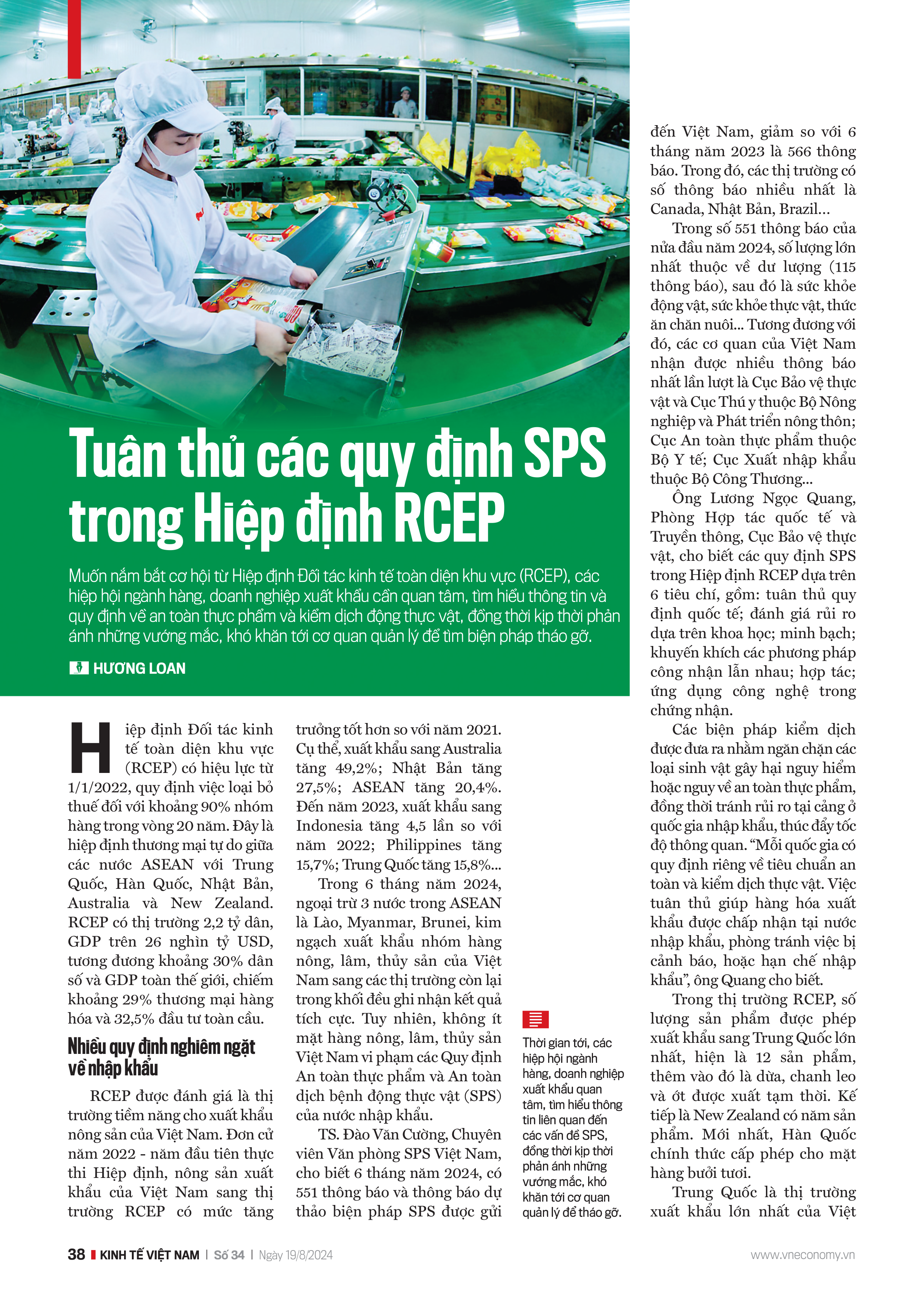
Vietnam and Italy Boost Collaboration to Promote Agricultural Trade
The Minister of Agriculture and Rural Development, Mr. Le Minh Hoan, emphasized the importance of food safety to protect consumers. The Ministry of Agriculture and Rural Development of Vietnam highly values the issue of food safety and is committed to supplying high-quality agricultural products that are environmentally friendly, responsible, transparent, and sustainable.
Revised title: “OCOP Product Redraws Map of Local Specialties”
During the days leading up to the Lunar New Year 2024, many OCOP agricultural businesses were flooded with orders for Tet gifts. Local specialty foods were highly sought after to be presented as gifts to loved ones and friends…
Chu Lai Port: Connecting Vietnamese Agricultural Products to the World Market
Due to focused efforts by Truong Hai International Logistics Services JSC (THILOGI) to transform Chu Lai port into a logistical connectivity hub, facilitating the consumption and exports of domestic agricultural products, the company has launched numerous solutions to integrate roadway-port-waterway shipping and freight services, optimizing the value chain of agricultural product exports.



